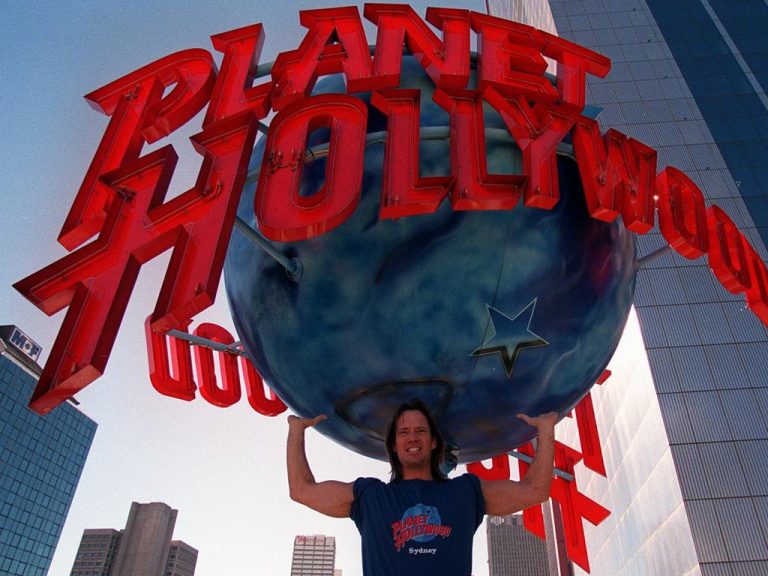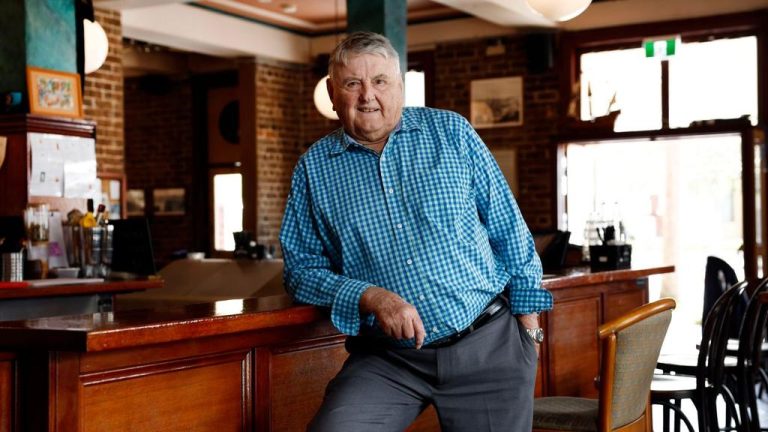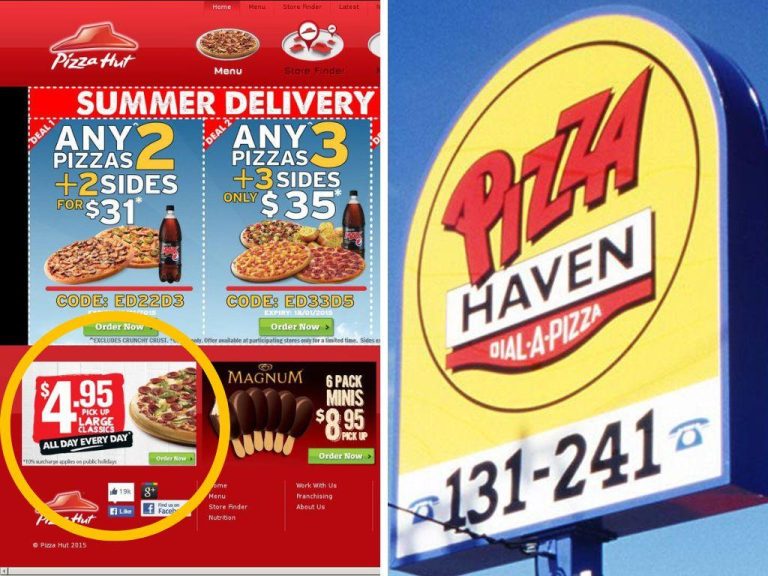What is LuLu Hypermarket and will we really see it in Australia?
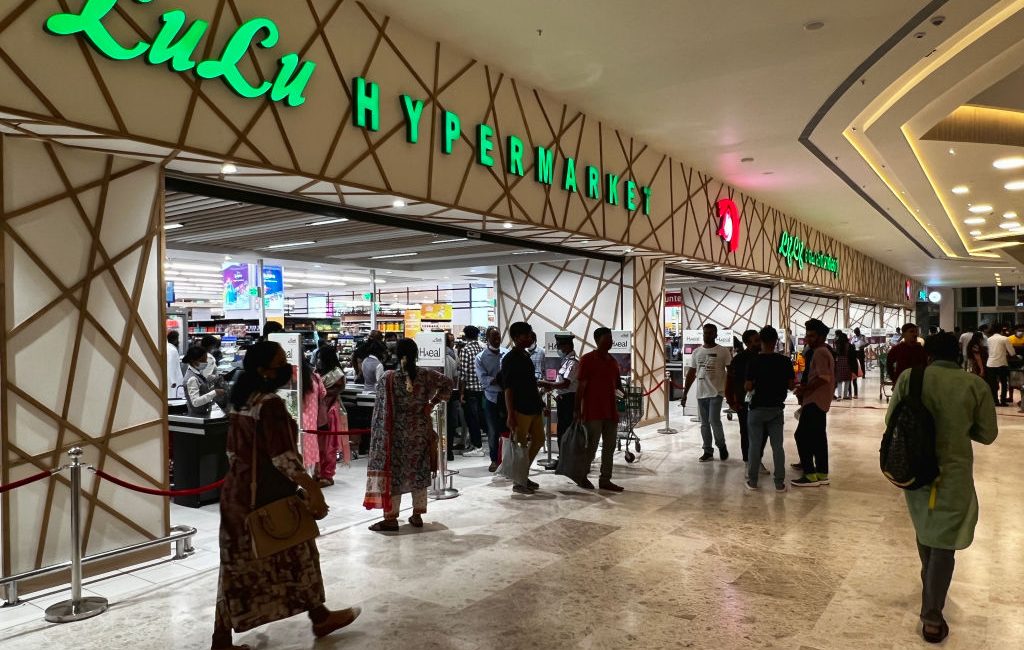
Australia’s supermarket sector could be set for a major shake-up, with Prime Minister Anthony Albanese officially inviting a foreign retail giant down under.
Visiting the United Arab Emirates this week, Mr Albanese made a public plea to billionaire businessman and chairman of LuLu Group, M. A. Yusuff Ali, to bring one of the Middle East’s most popular supermarkets to Australia to encourage competition.
On a tour of one of the company’s LuLu Hypermarket megastores in Abu Dhabi, Mr Albanese confirmed he had formally asked Mr Ali to set up shop in Australia.
“I’ve encouraged him to come to Australia,” Mr Albanese told reporters. “We need more competition in the Australian supermarket sector.”
LuLu Group operates more than 250 stores across the Middle East and Asia, including its enormous Hypermarket megastores that are three times as large as a typical Australian supermarket.
With an average size of 9200sqm, a typical LuLu Hypermarket dwarfs Aussie supermarkets Woolworths and Coles, which are usually sized between 2500 and 3500sqm.
The megastores offer groceries, household goods and lifestyle products under the one roof, with products sourced from 85 countries around the world.
The company also operates a number of shopping centres across the Middle East and India.
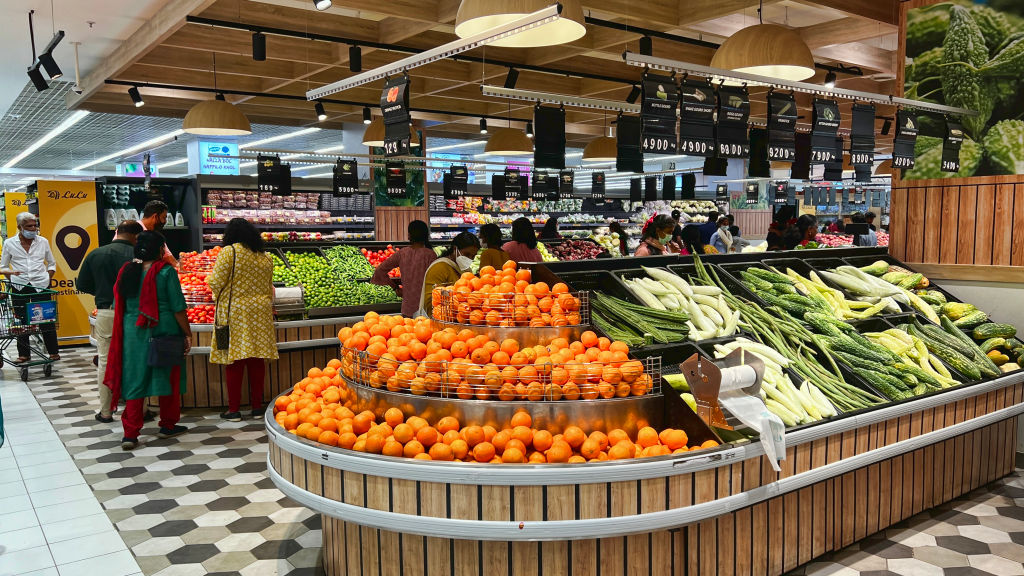
LuLu Group has a strong presence across the Middle East and India. Picture: Getty
A new overseas player could have the potential to shake up Australia’s $148 billion supermarket sector, which an ACCC enquiry earlier this year found was “highly concentrated” in the hands of Woolworths and Coles.
The two retail giants are responsible for two thirds of grocery sales nationally, while German retailer Aldi has a 9% share and Metcash has 7% through the independently-owned IGA and Foodland stores it supplies, the report found.
That dominance of the supermarket sector by a few key players could hamper any attempt by LuLu Group to establish a presence in Australia.
The ACCC report found there were “significant barriers to entry and expansion at scale”, not least of which was access to suitable retail sites, with Coles and Woolworths together holding more than 150 undeveloped sites.
“Achieving large-scale new entry is not likely in the short to medium-term, as demonstrated by the time taken (more than 20 years) for Aldi to achieve its current market position,” the report stated.
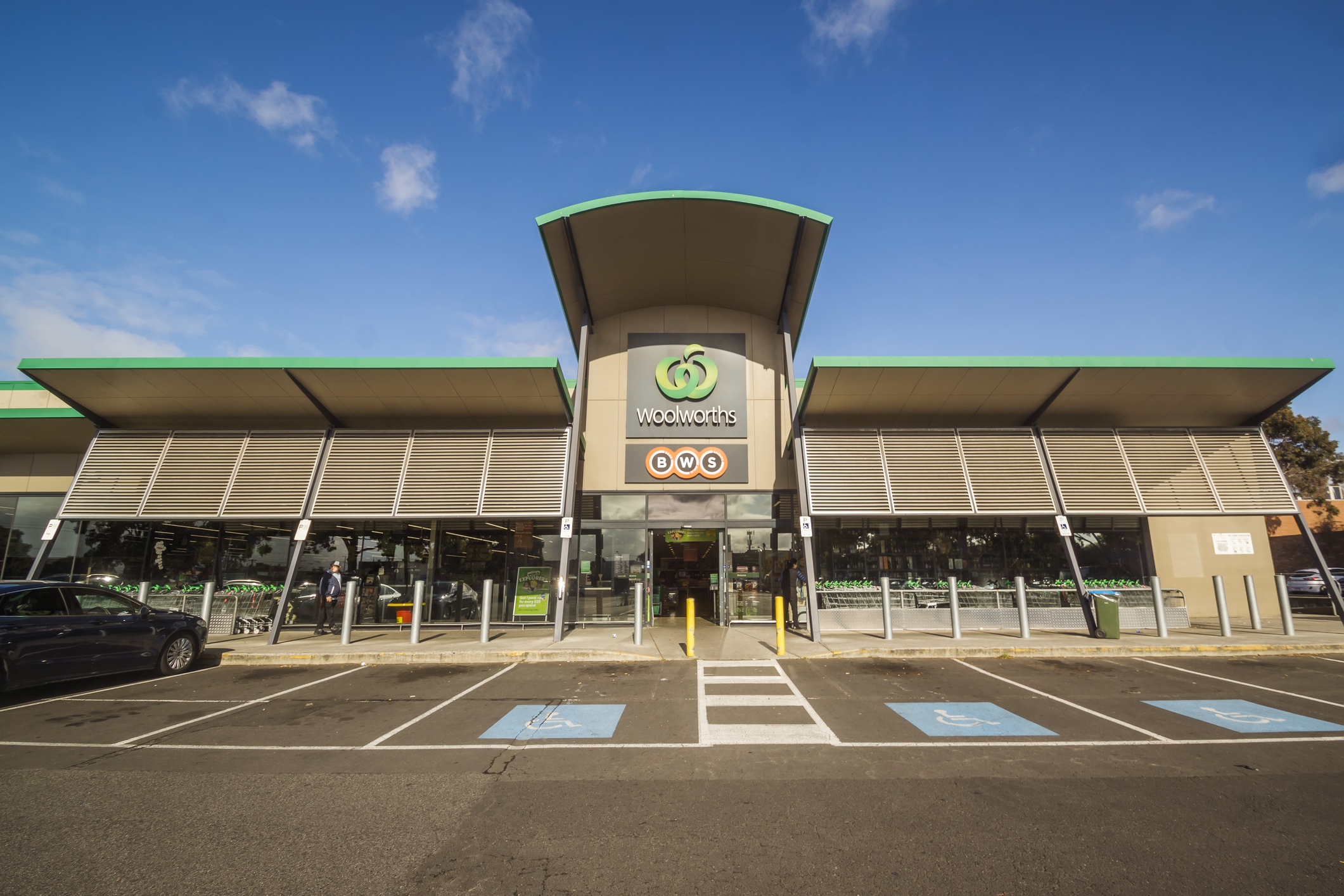
Australia’s supermarket sector is dominated by Woolworths and Coles, with significant barriers to entry for international brands, according to a recent ACCC report. Picture: Getty
Retail expert Professor Gary Mortimer of Queensland University of Technology told realcommercial.com.au that the chances of LuLu Hypermarket coming to Australia were slim.
“There’s clearly some significant challenges, and number one is location and space,” he said.
“Their Hypermarkets are large format businesses. There isn’t available real estate for those types of developments, and presently most suburbs would already be underpinned by at least one supermarket, if not two or three.”
“The second problem is population density. In Australia we’ve got a very small population and a very large landmass. The eastern seaboard is already well-serviced by Coles, Woolworths, Aldi and IGA.”
Mr Mortimer said although Aldi and Costco had proved it was possible for new brands to enter the Australian market, their business models differed significantly to that of LuLu Hypermarket.
“Aldi was able to grow quickly because they’re a smaller format business and they don’t require a lot of infrastructure,” he said.
“Costco has done incredibly well, but it’s very slow growth and their growth is somewhat exposed to available land and space. They’re more of a destination retailer – you’re not going to do your weekly grocery shopping there, but you might go out once a fortnight and buy in bulk.”
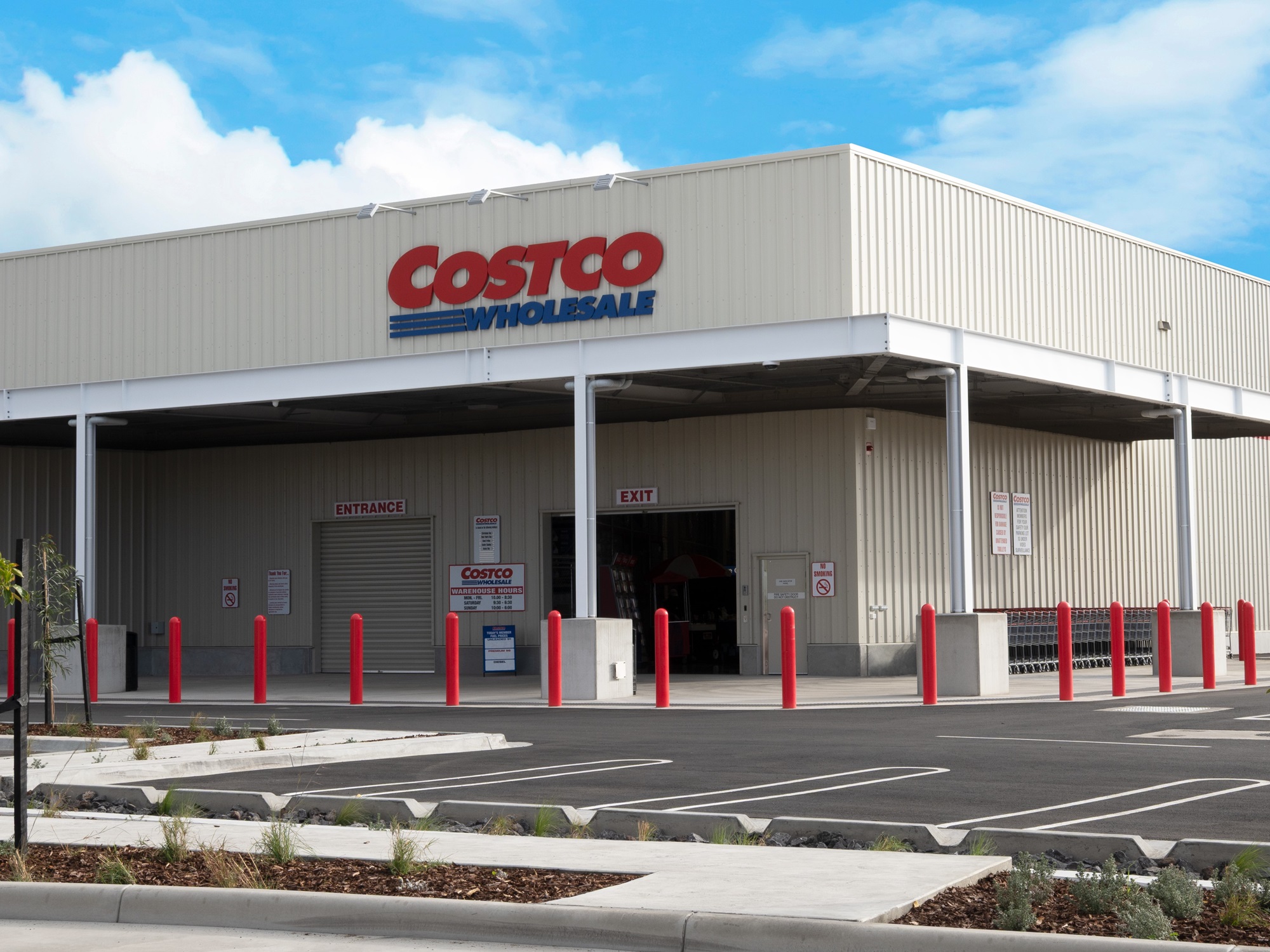
Costco has 15 stores across Australia, with plans expand to 20 stores in the coming years.
It’s not the first time the “hypermarket” concept has been floated for Australia.
In January 2020 German retailer Kaufland abandoned plans to establish a presence in Australia after securing sites for two dozen stores and developing a distribution centre.
The company, which invested more than half a billion dollars into its foray down under, said it withdrew to focus on its European operations.
But industry sources said a combination of Kaufland’s need for enormous, yet scarce 20,000sqm-plus sites and the company’s desire to own, rather than lease real estate were behind its departure.
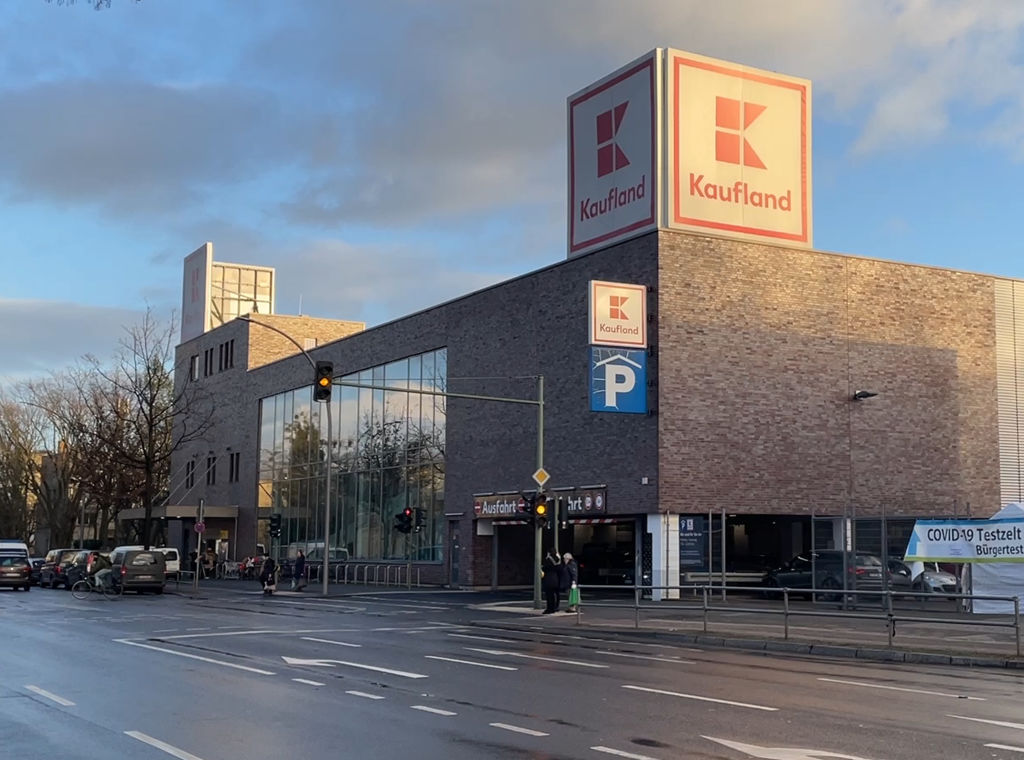
Australia almost had a taste of the “hypermarket” concept five years ago when German retailer Kaufland sunk half a billion dollars into its Australian expansion before pulling out. Picture: Getty
Mr Mortimer said the smaller size of Australia’s supermarket sector relative to other major markets was also a factor discouraging big multinational companies from setting up shop.
“An international player may pick up 1% or 2% market share in the first year of operation, but the likes of Tesco or Loblaws are not rolling out bed for $10 or $20 million,” he said.
Mr Mortimer said Mr Albanese’s invitation was more likely to be “pleasantries” rather than a solid plan to bring LuLu Hypermarket to Australia.
“When you take into consideration the challenges of available real estate and the population dentistry challenges we face and the fact that we’re already a relatively over-serviced population when it comes to food and groceries, I don’t see how a business like LuLu would successfully enter and be viable,” he said.

